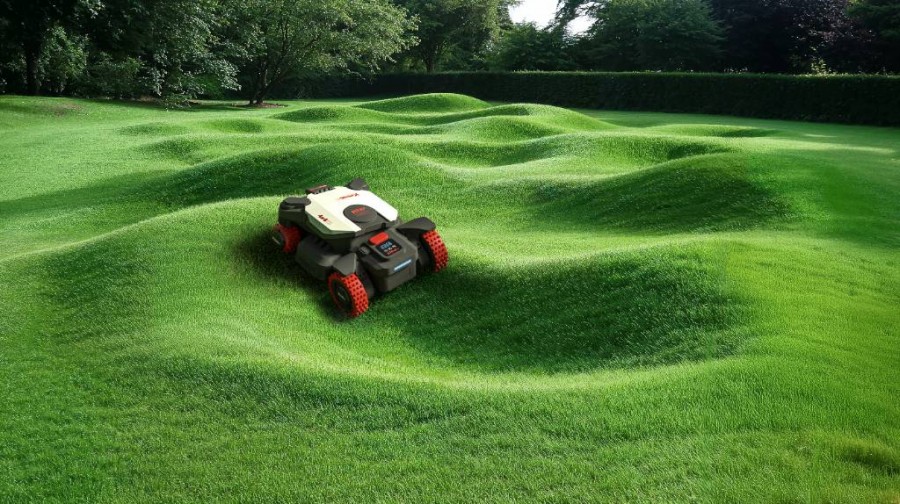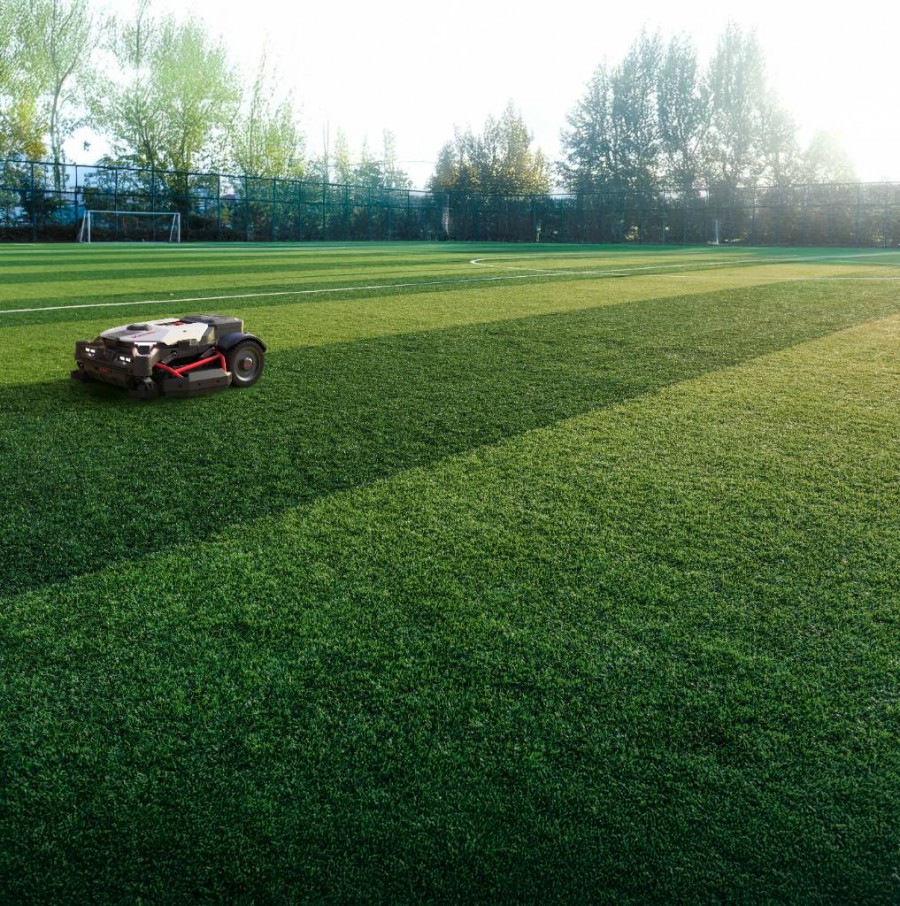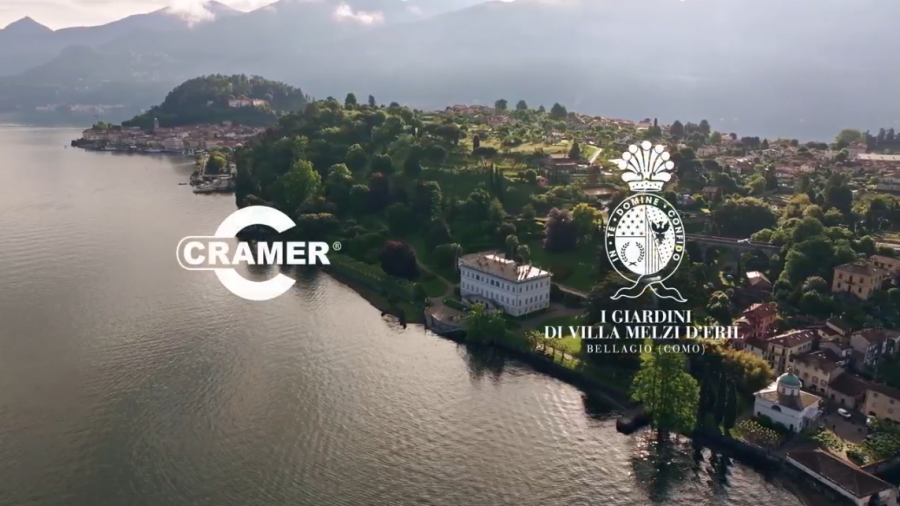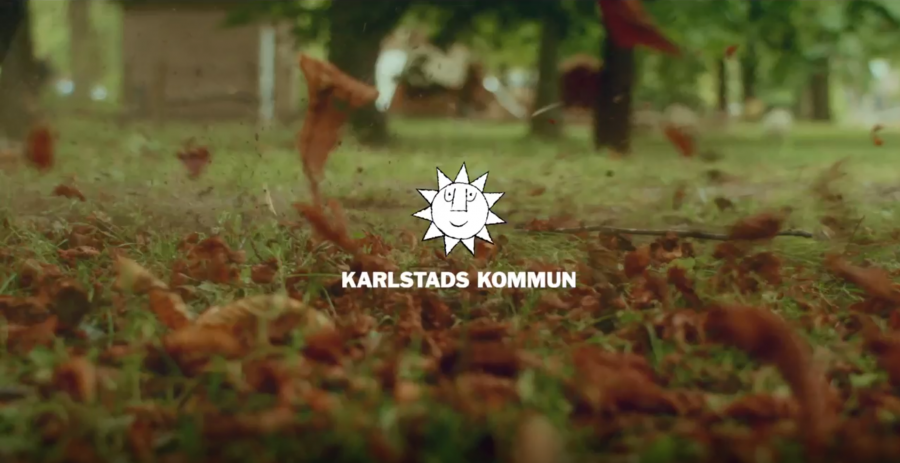The key to successfully grouting the joints of external porcelain paving is to use an equally high-performance jointing material.
This means a product that is easy to apply, easy to clean and remove residual grout from the surface with no haze or efflorescence, plus one that then hardens quickly to a tough durable, shrink-free material, which is highly stain resistant and most importantly, can be repeatedly jet-washed to enable surfaces to be kept clean and in their original pristine condition.
If you select top quality porcelain tile paving, why would you want to select the cheapest grout from the local builder’s merchant – madness.

Traditionally, cement-based tile grouts are used for porcelain tiles on internal walls and floors which is fine indoors, but for external porcelain paving, these cement and so-called ‘hybrid’ (means cement with a bit of polymer added), tile grouts are not sufficiently durable for long term external exposure to weathering - great inside, but not outside. When exposed to direct sun, the dense, impermeable porcelain has limited adhesion to cement mortars, therefore shrinkage cracking and debonding due to thermal movement is highly likely at the joints – the last place you want to see cracks is in your porcelain paving.
Cement-based pointing products today are polymer modified to counteract cement shrinkage, but this is very sensitive to any residual water in the joints that will change the ratio leading to shrinkage and cracking in the cement grout itself. Cement residues are also difficult and time consuming to remove from porcelain surfaces and require additional cleaning treatments to remove ‘cement-haze’.
The best solution for porcelain paving jointing today is not an internal tile grout, nor a cement mortar, but a high performance, 2-part, epoxy resin bound, graded fine alluvial sand based jointing system. The right product for the job depends on the type of stone, the size of the paving and the dimensions of the joints - 2-part, epoxy resin based, GftK vdw 815+ or GftK vdw 850+, for joint widths from >3mm, or >5mm respectively, which are undoubtedly the best products we have seen for durable external porcelain tile jointing / pointing.

This materials technology, and these specific high-performance paving jointing products are designed to be extremely durable and resistant for the long-term, just like external porcelain tile paving.
NCC Streetscape is the UK’s exclusive agent and distributor of GftK’s vdw 2-part, epoxy resin based, wet-slurry applied (these are not so-called ‘brush in’s) jointing products, which have been used extensively for grouting to point porcelain paving for more than 7 years throughout the UK, which is significant given the recent growth in porcelain tile paving.
For more specific advice or assistance with your porcelain tile paving project including help to select the right product, to estimate the consumption and guide you through the installation, visit our website https://www.nccstreetscape.co.uk/index.html and the specific page regarding porcelain paving here: https://www.nccstreetscape.co.uk/type-of-paving-unit/porcelain-paving.html








